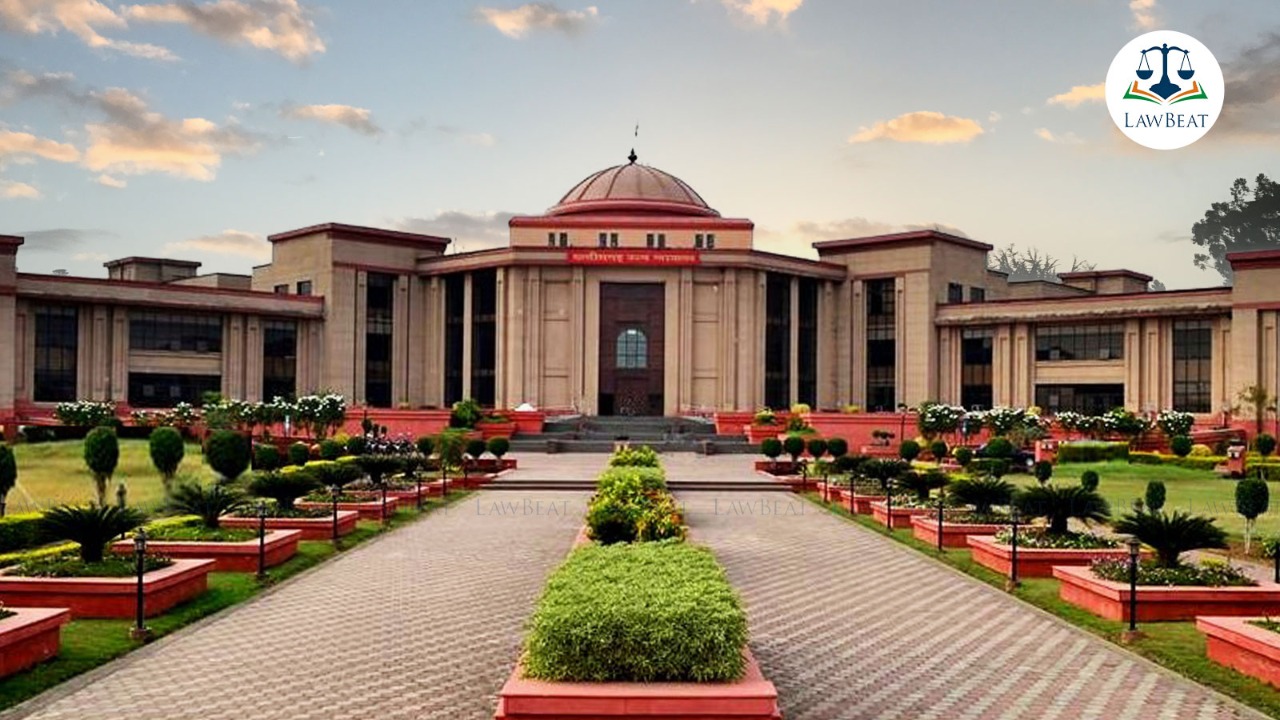Supervisory Jurisdiction under Article 227 is exercised for keeping subordinate courts within bounds of their jurisdiction: Chhattisgarh HC

The court refused to interfere with the decision of the trial court which while exercising its jurisdiction had allowed the application for impleadment to the proposed buyer in a land ownership dispute.
The Chhattisgarh High Court recently reiterated that supervisory Jurisdiction under Article 227 of the Constitution is to be exercised for keeping the subordinate courts within the bounds of their jurisdiction.
The observation came from the bench of Justice Deepak Kumar Tiwari who relied on the judgment delivered by Apex Court in Surya Dev Rai v. Ram Chander Rai. The Supreme Court in this case had observed that supervisory jurisdiction under Article 227 of the Constitution is exercised for keeping the subordinate courts within the bounds of their jurisdiction. When a subordinate court has assumed a jurisdiction which it does not have or has failed to exercise a jurisdiction which it does have or the jurisdiction though available is being exercised by the court in a manner not permitted by law and failure of justice or grave injustice has occasioned thereby, the High Court may step in to exercise its supervisory jurisdiction.
The petition before the court was filed challenging order dated 27.11.2021 whereby the application filed by respondent No.3 under Order 1 Rule 10 of the Code of Civil Procedure for impleadment as defendant had been allowed.
The matter pertained to a land dispute. The respondent was owner of the land bearing Khasra Nos.127/6 & 128/12 total 0.036 hectare and the land bearing Khasra No.127/1 had been acquired for AmbikapurDarima Road. The defendant had sold the whole land and some of his land was already vested in Ambikapur-Darima Road. So, no land was left over with defendant No.1 with respect of Khasra No.127/1. However, respondent No.1 / defendant No.1 entered into an agreement for sale of the land bearing Khasra No.127/1 area 0.20 hectare with respondent No.3 on 10.7.2018. In such a suit, respondent No.3 had filed an application under Order 1 Rule 10 of the Code of Civil Procedure for impleadment as party defendant No.3, which was allowed by the impugned order. The petitioner alleged that such an order was illegal, erroneous and contrary to the settled principles of law.
The petitioner stated that the general rule in regard to impleadment of parties is that the plaintiff in a suit, being dominus litis, may choose the persons against whom he wishes to litigate and cannot be compelled to sue a person against whom he does not seek any relief.
The counsel for the respondent stated that the plaintiff had drafted the present suit in such a manner that she did not seek declaration for her own land which had been purchased and thereby depriving the interest of the proposed purchaser. So, the proposed purchaser had rightly been made party defendant by the learned trial Court, she said.
She relied on the judgment given in Sumtibai and others v. Paras Finance Co. Regd. Partnership Firm Beawer (Raj.) through Mankanwar (Smt) W/o Parasmal Chordia (Dead) and others and submitted that there was no hard and fast rule or absolute proposition that third party can never be entered into a suit and each case depends on its own facts. She contended that if the party is able to sustain that there is slight semblance of title or interest, then he/she can be considered to be a necessary party and request for such party for impleadment should be allowed.
The court said that In Sumtibai (supra), the Supreme Court has categorically distinguished the case of Kasturi v. Iyyamperuma and held that it cannot be laid down as an absolute proposition that whenever a suit for specific performance is filed by A against B, a third party C can never be impleaded in that suit. It was further observed that if C can show a fair semblance of title or interest he can certainly file an application for impleadment. "To take a contrary view would lead to multiplicity of proceedings because then C will have to wait until a decree is passed against B, and then file a suit for cancellation of the decree on the ground that A had no title in the property in dispute. Clearly, such a view cannot be countenanced," the court said.
Court was of the view that the trial court has exercised its jurisdiction and allowed the application for impleadment to the proposed buyer as defendant No.3. and there was no illegality in the order. Therefore, court opined that its interference was not required under Article 227 of the Constitution.
